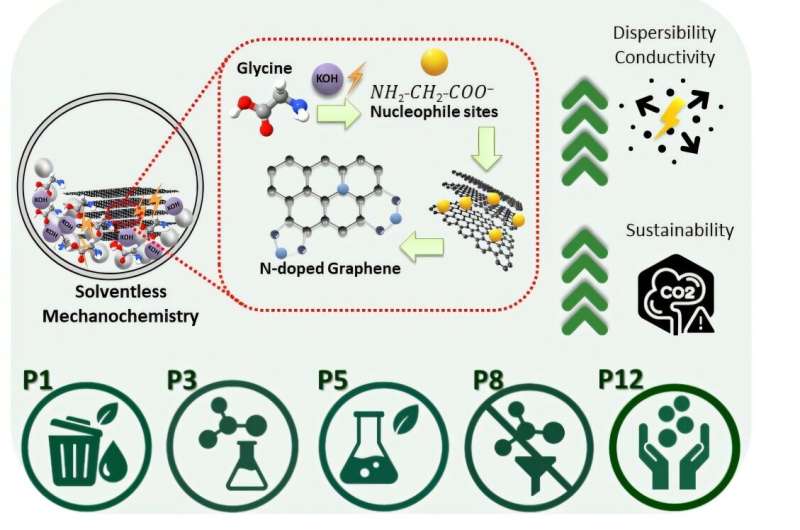Researchers have made significant strides in understanding the evolution of antibiotic resistance in the bacterium Acinetobacter baumannii, a pathogen responsible for numerous healthcare-associated infections in the United States. More than 1% of patients in hospitals are treated for A. baumannii infections, highlighting the urgent need for effective treatments.
The recent study, conducted by a team from the University of California, San Diego and funded by the National Institutes of Health (NIH), utilized experimental evolution techniques to observe how this bacterium adapts to antibiotic pressures over time. The research revealed that A. baumannii possesses a remarkably dynamic genome, allowing it to rapidly acquire resistance traits that complicate treatment options.
Key Findings on Resistance Mechanisms
The study focused on the genetic changes that occur in response to various antibiotics. Researchers discovered that mutations in specific genes enable A. baumannii to survive otherwise lethal doses of medication. This adaptability poses a significant challenge in clinical settings, as traditional treatments become less effective.
Through controlled experiments, the team identified several genetic pathways that contribute to the bacterium’s resistance. They found that the ability to evolve rapidly not only enhances survival but also enables A. baumannii to thrive in diverse environments, including those found in hospitals. The implications of these findings are critical for developing new strategies to combat the increasing prevalence of resistant strains.
Implications for Public Health
As antibiotic resistance continues to escalate, understanding the mechanisms behind it is vital for public health initiatives. The insights gained from this research could inform the development of more effective antibiotics and alternative treatment methods.
The team emphasized that ongoing monitoring and research are essential to staying ahead of evolving pathogens like A. baumannii. By understanding how this bacterium adapts, healthcare providers can better prepare for future outbreaks and improve patient outcomes.
This study, published in 2023, underscores the importance of collaborative research efforts in tackling antibiotic resistance. The work of the University of California, San Diego and the support from the NIH highlight the collective responsibility of the scientific community to address one of the most pressing challenges in modern medicine.
As the battle against antibiotic-resistant bacteria continues, this research paves the way for innovative approaches that could ultimately save countless lives.







